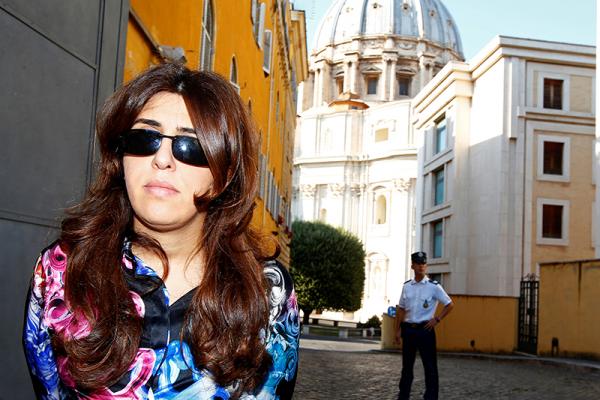Jul 8, 2016
A Vatican court on July 7 convicted two people for leaking confidential documents to journalists, concluding a high-profile trial that had underscored the internal dysfunction that Pope Francis has been trying to end.
Eight months after the “Vatileaks II” scandal erupted and exposed secrecy and widespread mismanagement at the Holy See, the Vatican court ruled that a Spanish priest should be jailed for passing information to reporters.
Read the Full Article

Already a subscriber? Login
